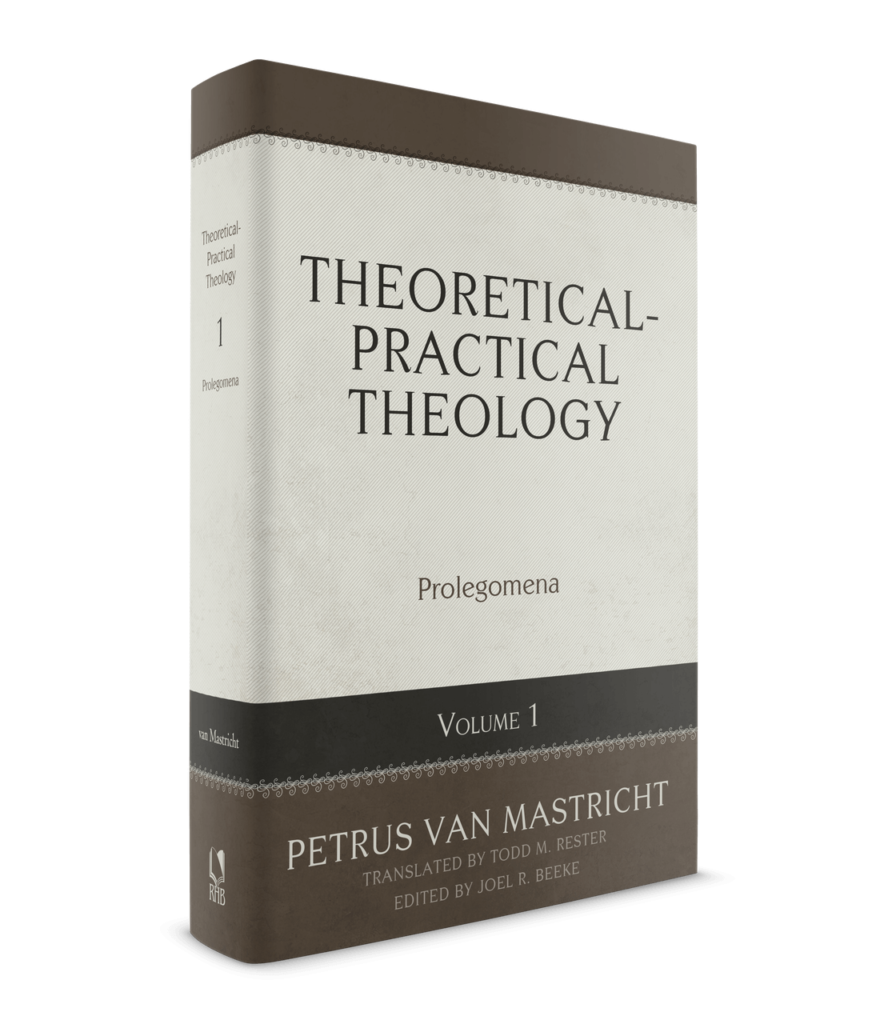
Back in March I introduced you to the multi-volume set, Theoretical-Practical Theology, by Petrus Van Mastricht. The title is a strong hint as to why I believe the set holds tremendous promise for preaching.
Van “Mastricht argued that the TPT was to be used in the preparation of preaching” (p. xxxix). That’s what makes this volume a special part of my reading this year.
Preachers and homileticians will also be interested in an early chapter, The Best Method of Preaching. Now, remember that the following quote was written in 1682. Tell me whether this sounds familiar…
“I did not produce those disputations in haughtiness, for I cheerfully and frankly confess that they do not possess anything from their learning and erudition that could comment them to anyone–especially not in this most self-indulgent age…” (emphasis added, Preface, p. 3).
Imagine that: Mastricht described his day as a “most self-indulgent age.”
When I read something like that it gives me courage. At times I find myself thinking that all of our technological advances make it more difficult to minister in this day. Mastricht’s description fits our day. Back then people respected ministers more than they do today, but the age of self-indulgence marches on.
One of our responsibilities as preachers and teachers of God’s Word is to continue to call Christ-followers toward self-denial. That sounds like something Jesus taught, more precisely as a prerequisite for following Him.
I asked earlier whether this post would be encouraging or discouraging. Either way it hits you, it potentially keeps us focused on our task. And as we work at this each weekend our Lord receives glory in the church and in Christ Jesus (Ephesians 3:21),
Randal










